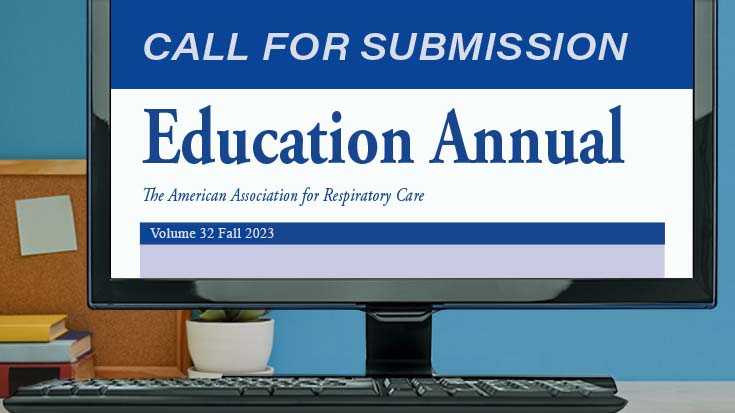
Determining when a patient is ready to wean from mechanical ventilation is essential to a successful extubation. Researchers from Indiana University School of Medicine and Riley Hospital for Children in Indianapolis, IN, believe an RT-led daily spontaneous breathing trial protocol can make a difference.
In a study published ahead of print by Pediatric Critical Care Medicine on July 21, they found the protocol reduced extubation failure from 7.8% to 4.5%.
The protocol was developed by a multidisciplinary team consisting of pediatric intensivists, respiratory therapists, nurses, and information technology specialists. Documentation was standardized via the electronic medical record and education was planned. All intubated patients requiring conventional mechanical ventilation who were admitted to the Riley Hospital PICU between February of 2013 and January of 2016 were included in the quality improvement project.
The protocol called for respiratory therapists to screen all patients on mechanical ventilation at about 4 a.m. to determine if they were eligible for a daily spontaneous breathing trial. Children who met the criteria were placed on CPAP of 5 cm H2O with pressure support of 8 cm H2O for up to two hours. If they tolerated that therapy they were extubated to supplemental oxygen, following approval by the intensivist. Screening compliance and accuracy of documentation were assessed via daily audits.
During the study, 398 patients were treated. They were compared to 833 patients treated before the protocol went into place. Other findings included –
- Daily screening occurred in 92% of patients during the protocol portion of the study.
- A slight increase was seen in the use of high-flow nasal cannula during the intervention period.
- Duration of mechanical ventilation and the use of noninvasive ventilation did not change.
The authors believe these findings show “an interprofessionally developed respiratory therapist-led extubation readiness protocol can be successfully implemented in a busy tertiary care PICU without adverse events.”
Email newsroom@aarc.org with questions or comments, we’d love to hear from you.
















